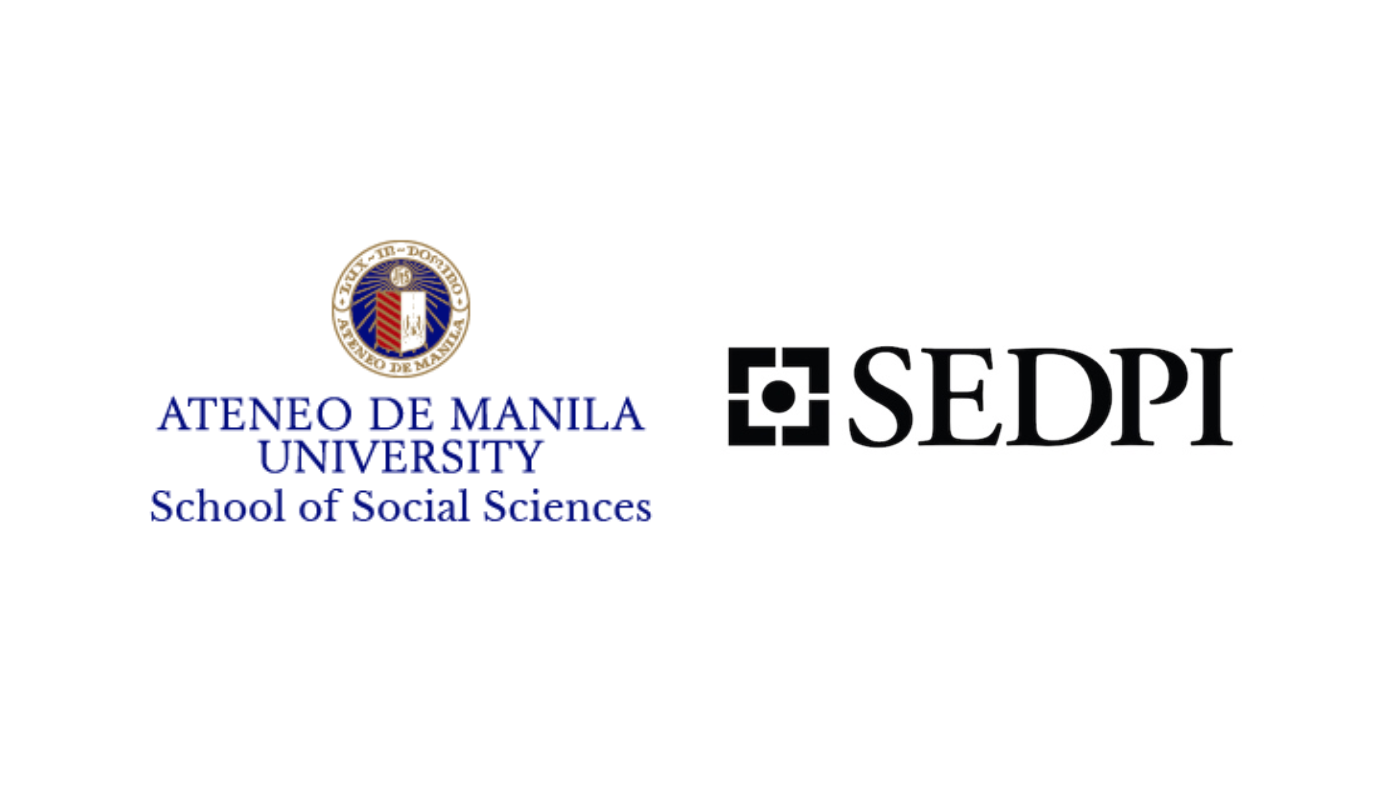Tag: loan
-

Almost 4 in 10 nanoenterprises bounce back to pre-pandemic level
Update 10: SEDPI Rapid community assessment on the impact of COVID-19 to nanoenterprises Two months after the government started easing lockdowns in most parts of the country, 36% of nanoenterprises reported to have bounced back to pre-pandemic level. In May, only 18% expected to bounce back within one month which may be a good sign…
-

Position Paper on Section 3.01 of the IRR of RA 11469 Section 4 (aa)
The COVID-19 pandemic continues to pose serious threats to health and has already disrupted the economy. This prompted the government to enact Republic Act No. 11469 otherwise known as the “Bayanihan to Heal As One Act,” declaring a state of national emergency in order respond to the urgent needs of the people. It is in…